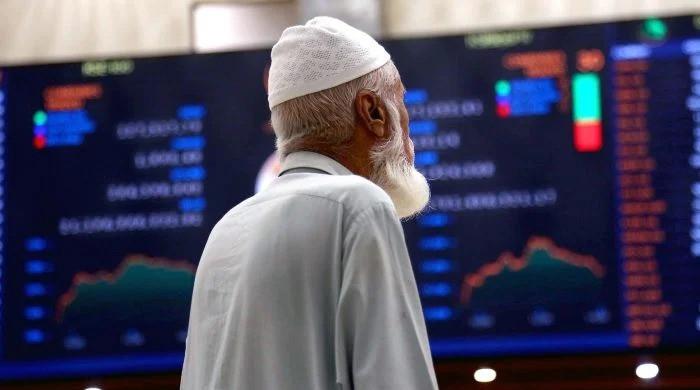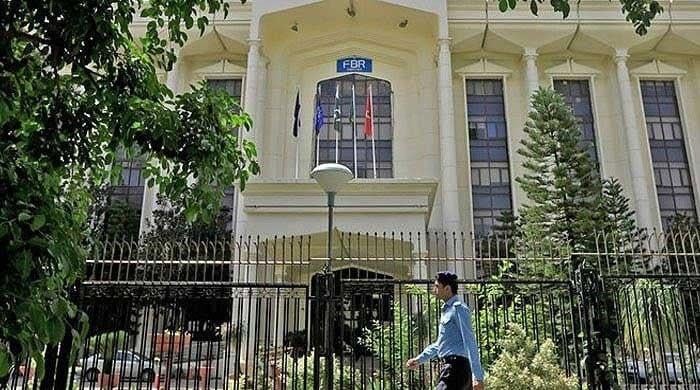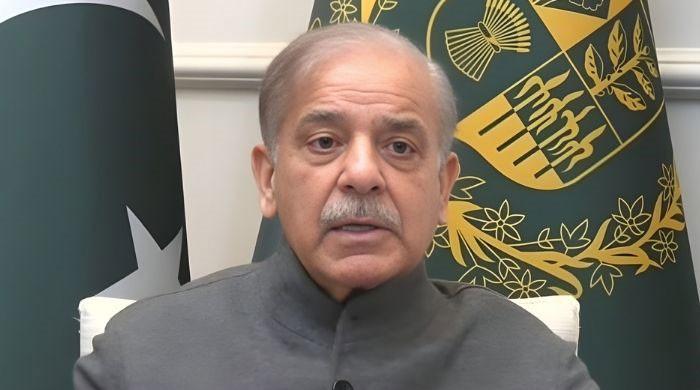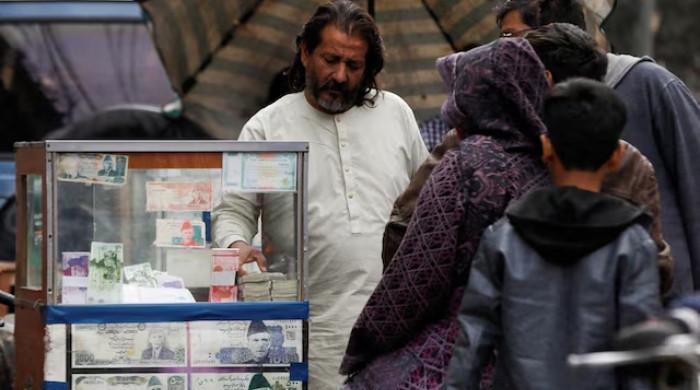World Bank to share draft on Pakistan’s power sector privatisation
Minister Fawad Hasan Fawad briefs World Bank officials on Pakistan’s privatisation plan
October 12, 2023
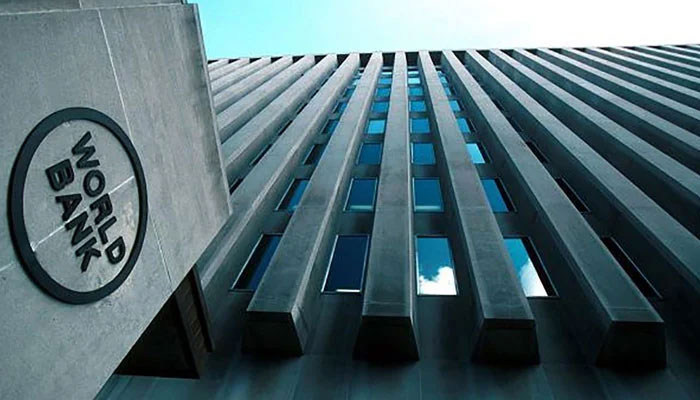
- Privatisation template aims at expediting privatisation process of Discos.
- Template would be refined with expert opinions to support reform efforts.
- Primary objective of agenda is to extend support to struggling Discos.
ISLAMABAD: The World Bank has reiterated its commitment to support Pakistan's power sector reforms aimed at getting rid of mounting circular debt, The News reported on Thursday.
This multilateral donor announced that it will provide a comprehensive privatisation template to Islamabad within one week aimed at expediting the privatisation process of the Power Distribution Companies (Discos).
Simon Stolp, South Asia Practice Manager for Energy at the World Bank, along with his team held a meeting with caretaker Federal Minister of Privatisation, Fawad Hasan Fawad.
The primary focus of the meeting was to engage in discussions for the government’s privatisation agenda, with a particular emphasis on assessing the performance of Discos within Pakistan’s power sector.
Stolp reiterated the World Bank’s commitment to supporting different aspects of this transaction in the long term, emphasising the importance of a well-structured transaction template for Discos.
The World Bank’s team of energy specialists pledged to present a template forum on the most suitable mode of privatisation for Discos to ministers of energy and privatisation within a week.
This template would be refined with expert opinions to support ongoing power sector reform efforts.
The federal minister provided insight into the government’s privatisation agenda, considering the caretaker government’s legal mandate. The primary objective of this agenda is to extend support to struggling Discos and alleviate the financial burden on the government through private-sector investments.
Fawad emphasised the necessity of a two-step strategy for the privatisation of Discos, potentially involving an initial concessional model of management control followed by a subsequent divestment strategy.
Notably, discussions with the International Finance Corporation (IFC) for a concession model for Discos were brought to the forefront.
The privatisation minister disclosed his active engagement in talks with the energy minister to establish a structured timeline for the divestment of Discos, commencing with concession agreements. They reached an agreement that this approach represents the most suitable path forward.
This meeting reflects a unified effort to reform and privatise Pakistan’s power sector, with the central goal of addressing the financial challenges faced by Discos while fostering economic growth and long-term sustainability. The commitment to this initiative is robust, with meticulous attention to every facet to ensure its success.
The comprehensive template would play a pivotal role in facilitating the privatisation process, ensuring that it adheres to industry best practices and meets the specific needs of Pakistan’s energy landscape.
The World Bank team comprising experts will collaborate with renowned industry professionals and experts to integrate their opinions and insights into the template. This collaborative approach would enhance the quality and effectiveness of the privatisation model, ensuring that it meets the specific needs of the power sector and contributes to long-term sustainability.




